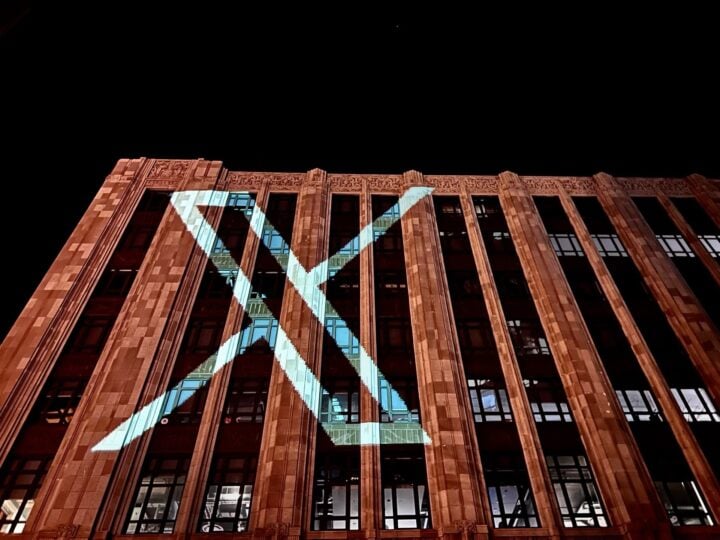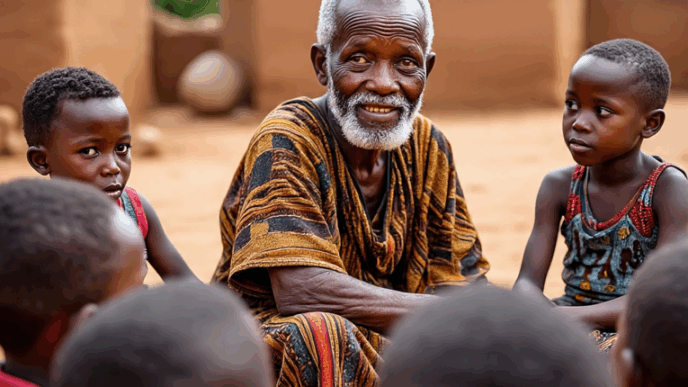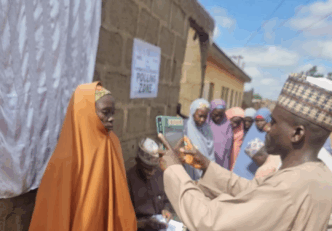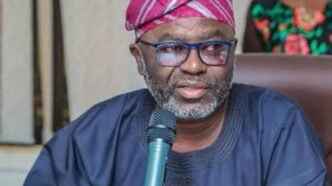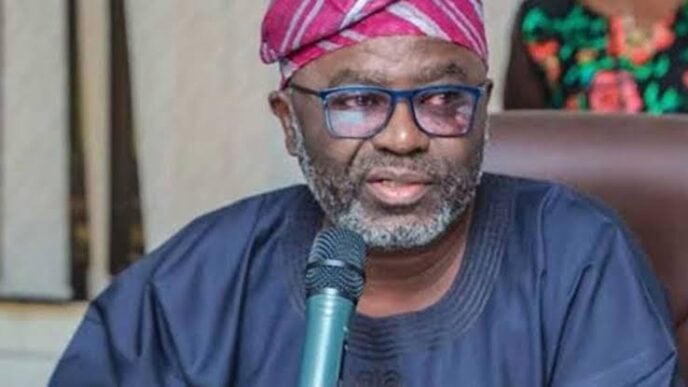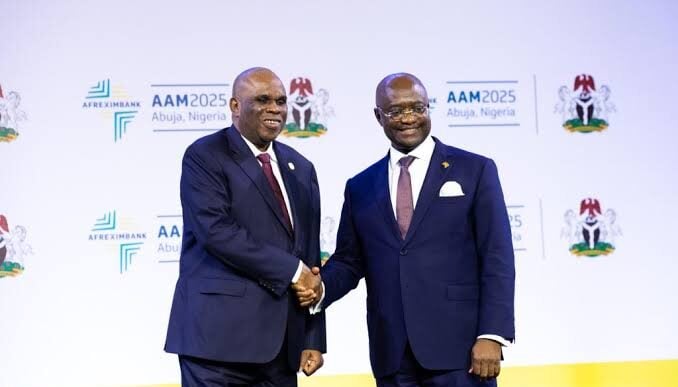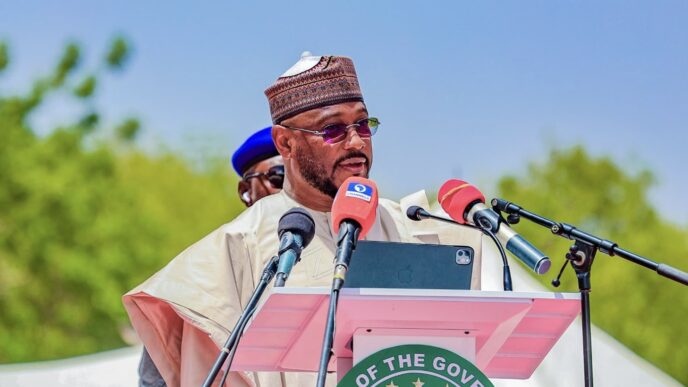BY OPATOLA VICTOR
Recently, the Nigerian Department of Security Service (SSS) wrote to X (formerly Twitter), demanding that the platform take down Omoyele Sowore’s tweet and close his account altogether for tweeting: “This criminal @officialABAT actually went to Brazil to state that there is NO MORE corruption under his regime in Nigeria. What audacity to lie Shamelessly.” This action, while wrapped in the language of “national security,” is dangerous. It strikes at the very core of constitutional rights and raises the question of censorship without a court order.
The Nigerian Constitution guarantees freedom of expression under section 39. It does not confer on the DSS the role of censor-in-chief, not even its enabling law confers such. To accept the DSS letter as valid would be to collapse the entire edifice of fundamental human rights into a single office. It would mean that a security agency could, without a court hearing, without judicially tested evidence, and without judicial oversight, clamp down on voices and posts it perceives as threats. That is not law; that is a decree, and extremely dangerous.
Yet, we should not be oblivious to the delicate need for balance between state security and free speech, but yet again, the facts speak for themselves. Since Sowore’s tweet, nobody has been roused to arms. Even more telling, years after his verbal call for revolution, such rhetoric has barely moved the needle. The government itself dropped its charges against him. If his words were once thought to threaten public order, time has shown otherwise. If not for the letter to X, Nigerians would have forgotten that such a tweet was made.
Advertisement
The DSS’ move clearly skips due process. If it thinks Sowore’s tweet is illegal, the proper course is to prove it in court. Sending a letter to X is a shortcut that sets up a parallel system of censorship. And if X agrees, then it is no longer a neutral platform. It may be seen and probably interpreted as fully colluding with the DSS to control and curtail free speech in Nigeria.
The dangers here are obvious. If X complies and removes Sowore’s tweet and account based on nothing more than a DSS letter, it is walking straight into legal trouble. It would open itself to lawsuits, with its terms and policy on jurisdiction dragged into Nigerian courts for interpretation and heavily tested.
Worse still, if X takes down Sowore’s account on the grounds that its content carries criminal imputations, then X has gone even further; it may be said that it is now in bed with the DSS to act as both prosecutor and judge, by prosecuting a supposed criminal offence outside of the courts and convicting it by de-platforming.
Advertisement
This is why the matter goes beyond Sowore. These days, social media accounts are not trivial. They are voices. They are how individuals speak outside of the gate-kept channels of traditional media. If the DSS can demand takedowns without a judge, then no one is safe. Free speech will be whatever the DSS says it is. Journalists exposing corruption could lose their accounts. Activists criticising bad policies? Gone. Ordinary citizens complaining about the economy? Silenced. Nigeria already struggles with press freedom, ranked 112th out of 180 by Reporters Without Borders in 2024. What is at stake is not Sowore’s handle or tweet, but whether the architecture of free speech can be dismantled by a three-page letter from DSS.
Globally, X has faced these pressures before. In 2024, it rejected a number of government takedown requests, and it should do the same here. It has gone to court against the Indian government’s take-down orders. X must uphold Nigeria’s free speech law in the same way it upholds America’s. Anything less would expose a double standard that is indefensible.
And if we are running a dictatorship in Nigeria, then we should at least know it. Discerning minds would compare the DSS action with France. Candace Owens has made statements about the wife of President Emmanuel Macron, which many perceived as deeply unsavoury and offensive, to the consternation of the French political class. Yet the Élysée has never written to Twitter demanding censorship. The French president’s recourse was not a secret police letter, but a civil lawsuit before a competent court. That is what constitutional democracies do. Nigeria must not be allowed to shortcut this path. And X, as a platform, must not be an accomplice.
Once X complies with such a request, it will have lent its infrastructure to the erosion of civic space in Nigeria. It will have colluded with an agency bent on arrogating to itself the powers of both prosecutor and judge. And it will have opened itself, perhaps unknowingly, to lawsuits in the courts of law, and to a harsher judgment in the court of history.
Advertisement
Opatola Victor is the national coordinator, Lawyers for Civil Liberties.
Views expressed by contributors are strictly personal and not of TheCable.
